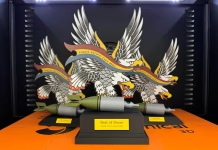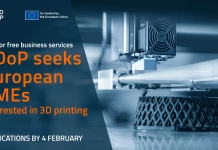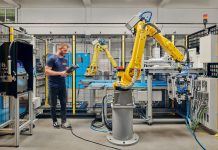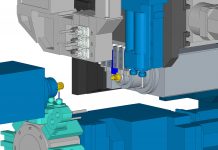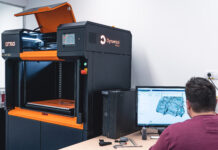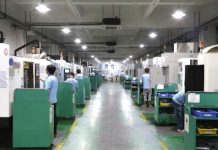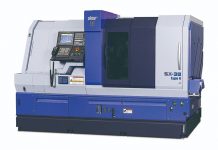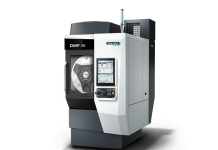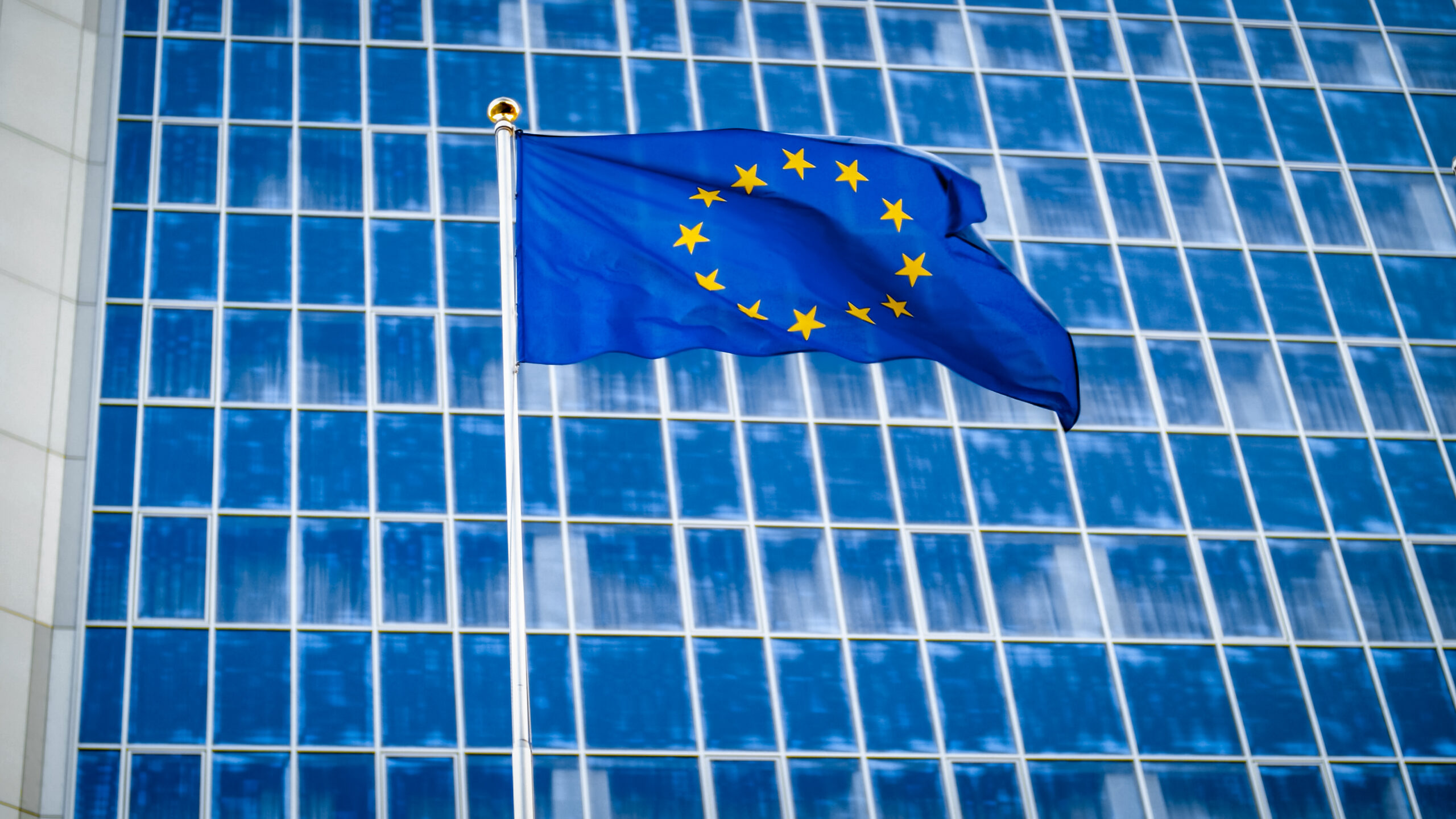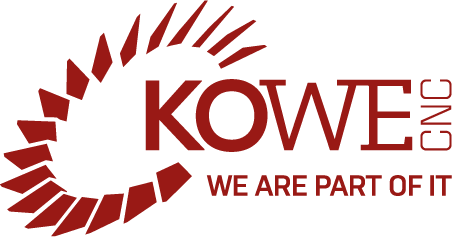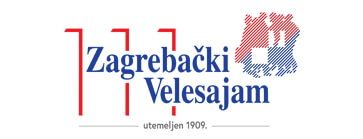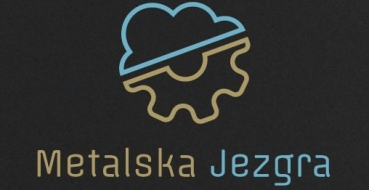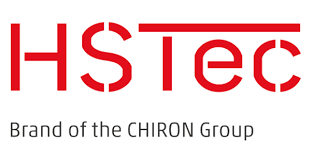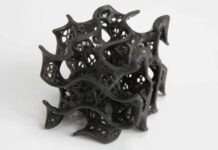A €5.6 million European Union (EU)-funded project has been launched to promote the remanufacturing of components and products throughout Europe and create a fully circular supply chain.
Called CREDIT, the project is headed by the science engineering firm Idener, which will lead the development of a new digital platform designed to facilitate remanufacturing and circularity. This platform will include AI-driven decision support systems, among other digital tools and services.
The project, which has been financed by the EU’s Horizon Europe programme, is targeted towards manufacturers within the home appliance, automotive, telecommunications, and aerospace industries.
The announcement of CREDIT follows the implementation of the EU’s Right to Repair legislation. Passed in 2021, this policy seeks to promote circular supply chains and reduce obsolescence amid a challenging global trade environment and increased emphasis on environmental sustainability. The EU is aiming to be climate-neutral by 2050 and has committed to the domestic production of at least 40% of its renewable energy components by 2030.
London-based software developer Crowdhelix has been named as a collaborator on the CREDIT project. The firm’s CEO, Michael Browne, calls the initiative “innovative,” believing that it will drive “groundbreaking research across multiple manufacturing industries by promoting international collaboration and first-rate science.”

“The project also speaks to the ambitions of the Made in Europe innovation agenda, bringing together leading organizations from European manufacturing ecosystems to nurture their leadership in circular industries, ensuring that Europe has a competitive, green manufacturing sector“, added Browne. “Crowdhelix is privileged to contribute to such a significant project by helping to bring key stakeholders from across the project’s lengthy value chain together“.
The CREDIT team believes that this project will improve manufacturing efficiency, lower production costs, and increase competitiveness while cutting down on waste, reducing CO2 emissions and limiting the raw material consumption.
CREDIT PROJECT TO ENHANCE REMANUFACTURING
Remanufacturing and circular supply chains are key to the sustainability of the EU. The Eco-design Directive and Energy Labeling Regulation grant customers the “right to repair.” Manufacturers are obligated to provide customers with access to spare parts for up to ten years.
The CREDIT project aims to increase the adoption of sustainable and resilient production processes. The project’s digital services will enhance companies’ capabilities for remanufacturing.
Lidia Parrilla Benitez believes that digital twins offer significant potential for sustainable production. The project will provide educational resources and opportunities for further training for manufacturers. Additionally, the project will present five production-focused use cases.
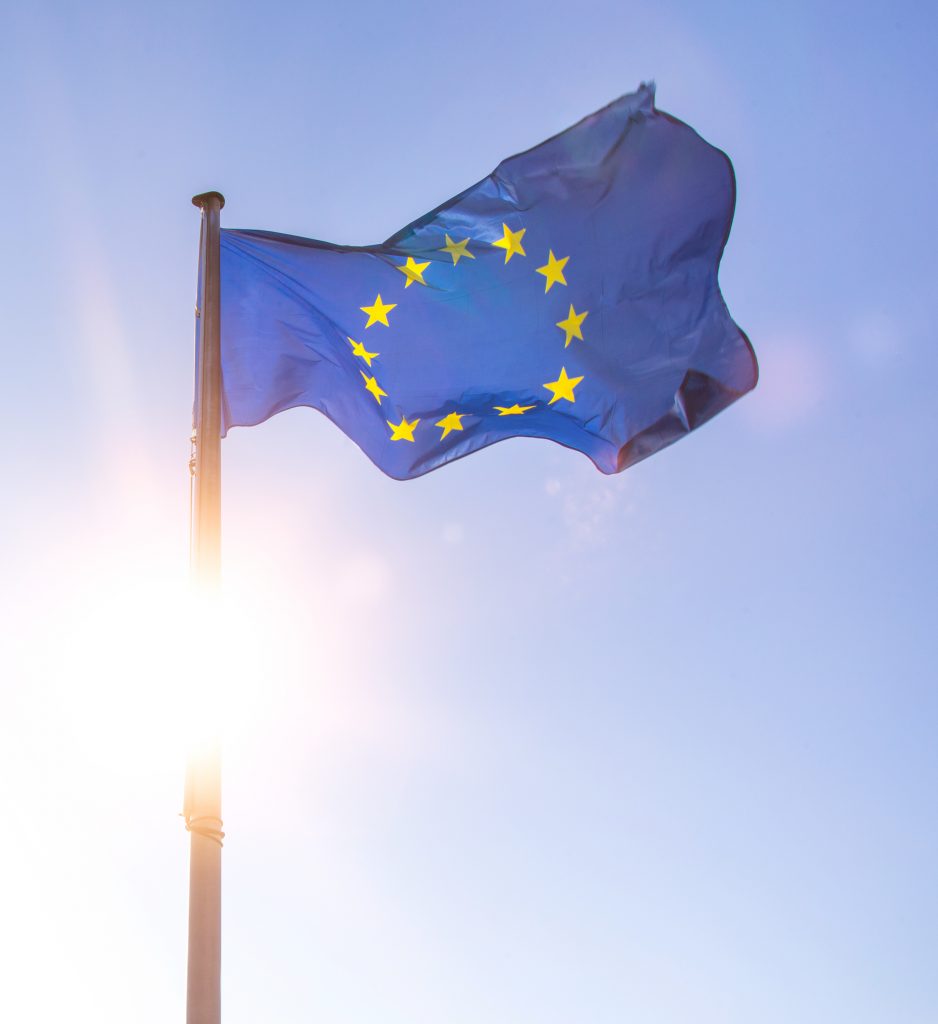
SECURING SUPPLY CHAINS WITH ADDITIVE MANUFACTURING
Following global import threats such as the COVID-19 pandemic, additive manufacturing is increasingly used to secure supply chains. The UK’s Department for Business and Trade highlights 3D printing as crucial for re-establishing production and reducing global supply chain risks.
AMS collaborates with the UK Ministry of Defence to explore recycling materials for 3D printing. 6K Additive and Surgical Metal Recycling are working together on recycling surgical implants into new materials, using plasma for conversion into new powders, enabling a sustainable and circular supply chain.
Emphasis is placed on developing technologies that support renewal and sustainability, while simultaneously reducing dependence on traditional suppliers and strengthening domestic production.

